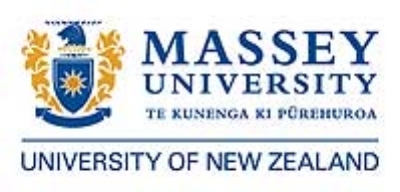Dis/ability
Enabling participation for dis/abled children and young people
Dis/abled children and young people face substantial barriers to access and inclusion, with major implications for health and wellbeing. Social interaction and recreational participation are essential for healthy development, yet the built environment and social attitudes can undermine mobility and inclusion in daily life. In collaboration with a dis/abled youth advisory group and NGOs in the dis/ability sector we have co-researched with young people with mobility, vision and hearing impairments and their parent/caregivers to understand their experiences of the public realm. In line with the New Zealand Disability Strategy definition of disability as “the process which happens when one group of people create barriers by designing a world … taking no account of the impairments of others”, we have asked: ‘how do various built, amenity and social environments constrain or facilitate access, mobility and social participation’?
This three-year multi-methods research funded by the Health Research Council (2015-2018) was carried out across Tamaki Makaurau/Auckland.
To illustrate the effects of ableism on the wellbeing of disabled young people SHORE & Whariki researchers have collaborated with cartoonist Toby Morris. Link to Toby’s cartoon here.
A recent article also explores how perceptions of differences and disabilities influence everyday interactions between non-disabled and disabled people.

